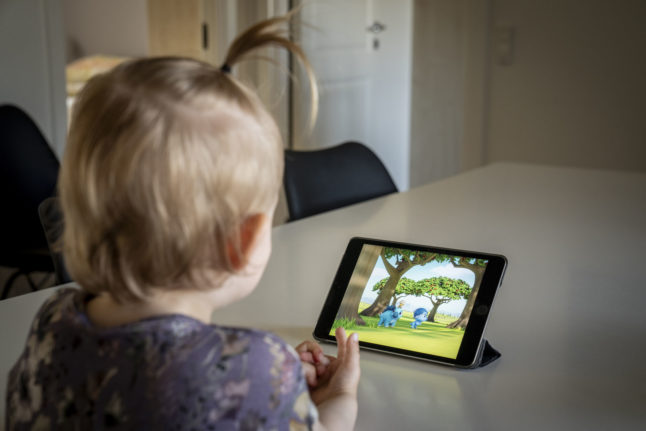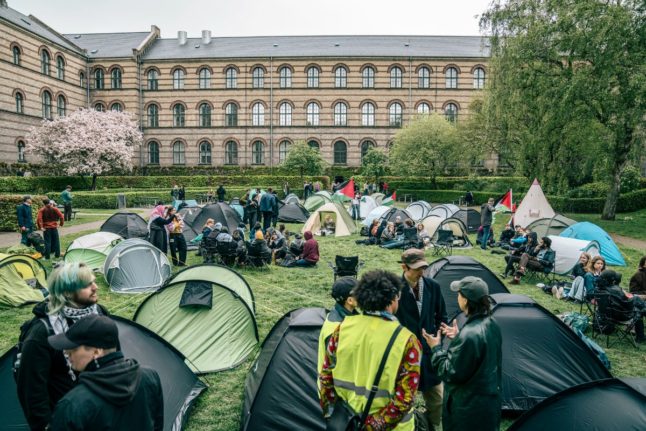Børns Vilkår, which has worked to promote the wellbeing of children in Denmark since 1977, made the call as part of a new “screen guide“, advising how families and others caring for children how to limit and manage their screen use.
“The truth is that we still don’t know very much about how the screens precisely affect our children and young people, but we believe that there is now enough knowledge to conclude that we should be more careful than we are today,” said Rasmus Kjeldahl, director of Børns Vilkår, in a press release.
“One thing we know about children’s development is that you need as much time as possible with adults: this helps the child control his feelings and creates a secure attachment,” he told the Ritzau newswire. “Time with a screen is at best a waste of time which takes time away from important parts of the child’s development.”
The organisation said that the growing importance of screens in the lives of young children had generated “doubts, worries, and conflicts” in families, and that it hoped that by providing recommendations based on the organisation’s own expertise and current research, it could help resolve them.
The guide has recommendations for seven different age groups, and also calls on parents and other adults to control their own screen use.
“Parents are role models for children, so if they, for example, check messages during meals or are not present because they are more concerned with online life than with their children, then they are setting an example that children will begin to copy and which could push children into an online world where they can very quickly start to feel quite alone,” Kjeldahl said.
The guide also recommends that parents think less about setting limits to screen time and more about what their child is doing with the screen, with whom, and whether it makes them happy or sad.
Parents should be aware of the role models children encounter online and be ready to encourage them to question and critique what these role models say.
The guide recommends that parents prioritise screen use where the child is active, creative and social over passive use, and also recommends that they make sure that the child still has time for physical activities and socialising in real life.
The guide warns that streaming services, social media and games are designed to attract and retain the user’s attention in order to make money, and that children and young people might therefore need help to manage their consumption.
By the time children are between 6-9 years old, the guide does not set any concrete time limits for children, recommending that parents agree with their children on what is a reasonable amount of time.
Similarly, when children reach the ages of 13-15, the guide recommends that parents talk with them about social media to help limit their use of it.



 Please whitelist us to continue reading.
Please whitelist us to continue reading.
Member comments